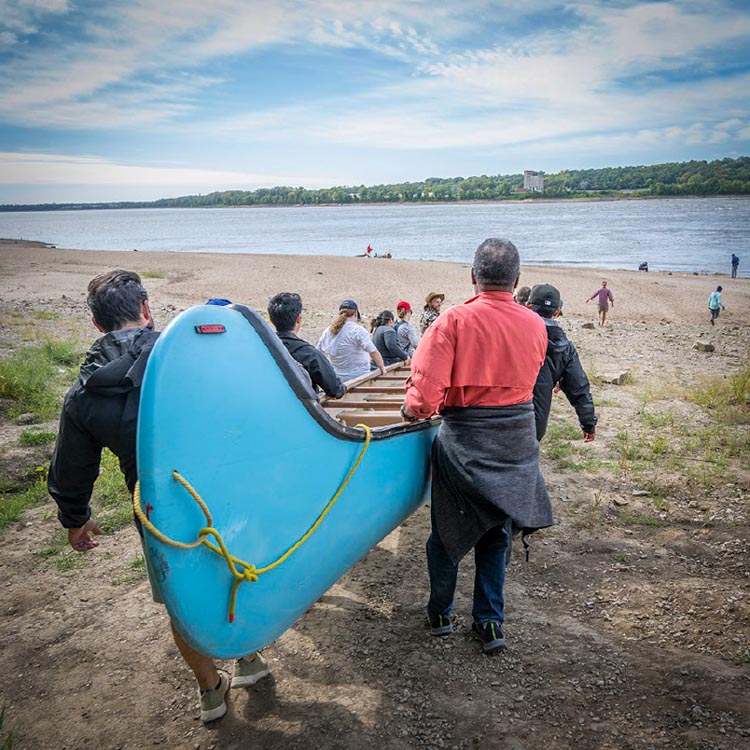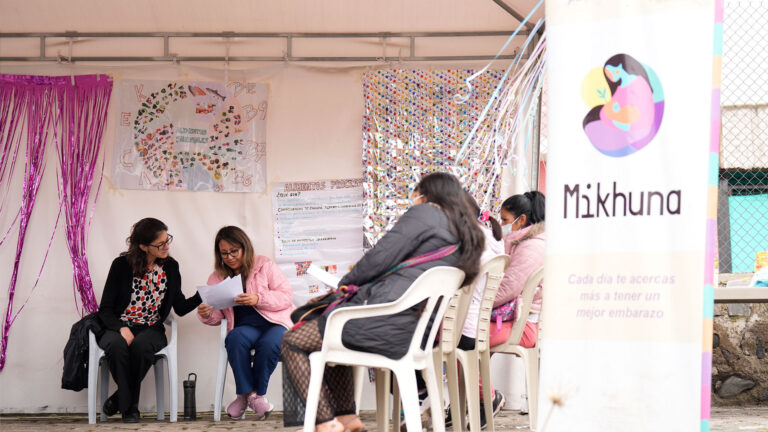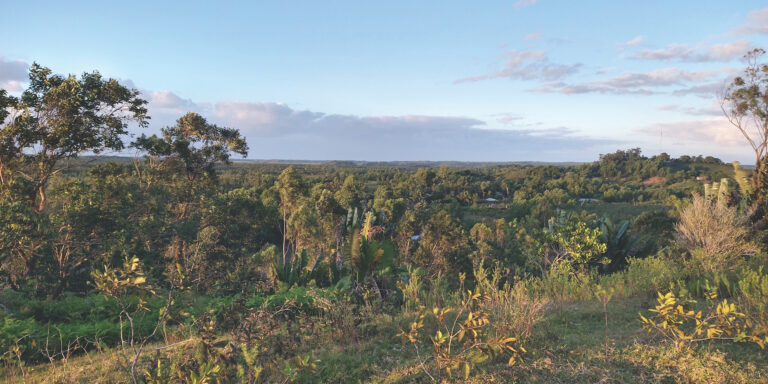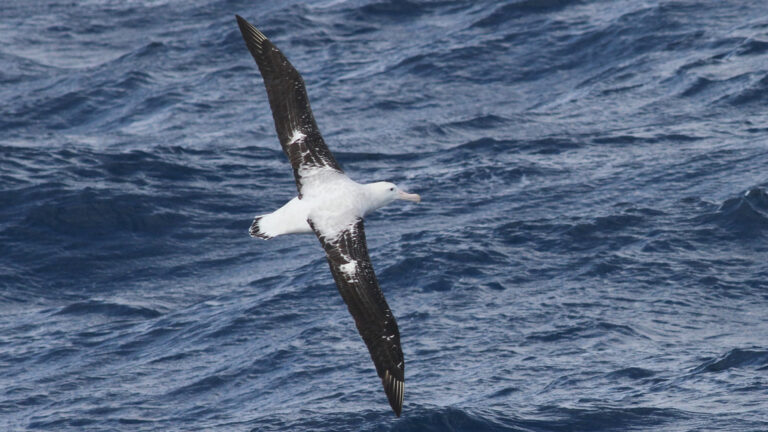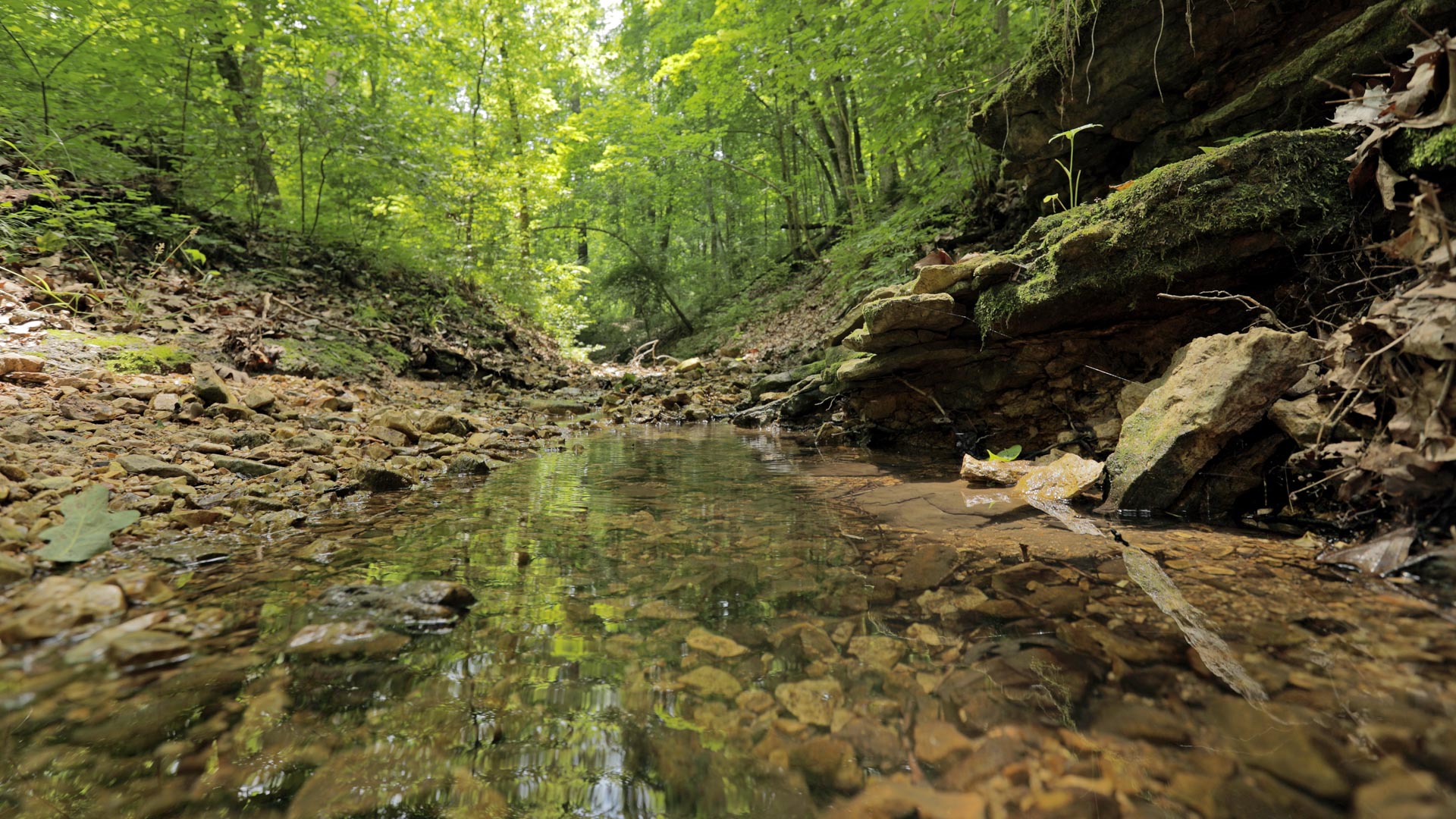
The Center for the Environment is an interdisciplinary hub of environmental research that is committed to generating transformative solutions to our deepest societal challenges including: climate change, air pollution, access to clean water, food insecurity, biodiversity loss and infectious diseases.
2025 Environmental Research and Creativity Week
By the numbers
109
Center scholars
7
Proposals/Grants supported
500+
Activity participants
181
Journal articles published
Jan-Oct 2024
The Center’s mission
The center serves as a cross-cutting collaboration hub, encouraging partners, faculty and students to advance research projects in areas including biodiversity, environmental justice, planetary health, environmental solutions, and climate change. Here’s a closer look at who we are, what we do, and why it matters for our community, our region and our world.
Featured research & stories
Halting hidden hunger
Can improved nutrition during pregnancy help prevent stunted growth in children around the world? With partners in Ecuador, Lora Iannotti studies the effects of maternal diet on infant brain development.
Saving forests and alleviating poverty
WashU sophomores work with villagers in rural Madagascar to conserve biodiversity.
Island biodiversity rides on the wings of birds
Bird wing shape is a trait that influences biodiversity patterns on islands around the world, according to research from WashU biologists.
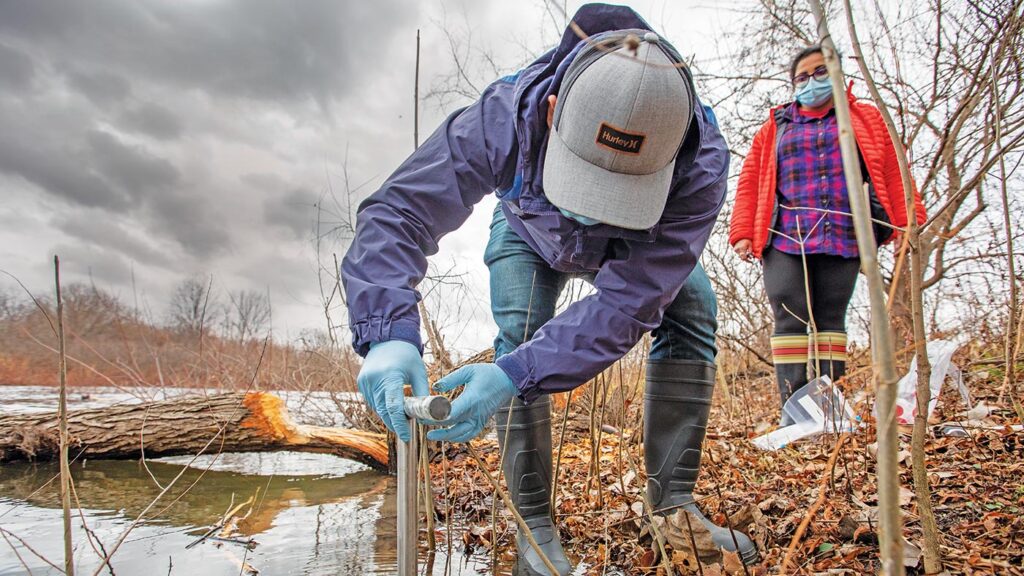
The WashU ecosystem
Within the WashU ecosystem of environmental research, education, and practice, the Center for the Environment serves as a connector. Much like a biodiversity corridor, we work to create space where our partners within the ecosystem and across distinct disciplines come together to address our world’s biggest environmental challenges.
In the news
St. Louis composer uses sounds of nature in an urgent warning about climate change
WashU Composter Christopher Stark has long been interested in forward-thinking compositions using the language and instrumentation of European classical music.
When bats can’t hear, they use a remarkable compensation strategy
Clarice A. Diebold, a postdoctoral student at WashU, co-authors this new study about bats.
Laser-based lidar tech is rewriting history — if climate change doesn’t erase it first
Multiple ancient cities have been discovered recently thanks to lidar and researchers like WashU archaeology professor Michael Frachetti.
Connect with us
Upcoming Events
